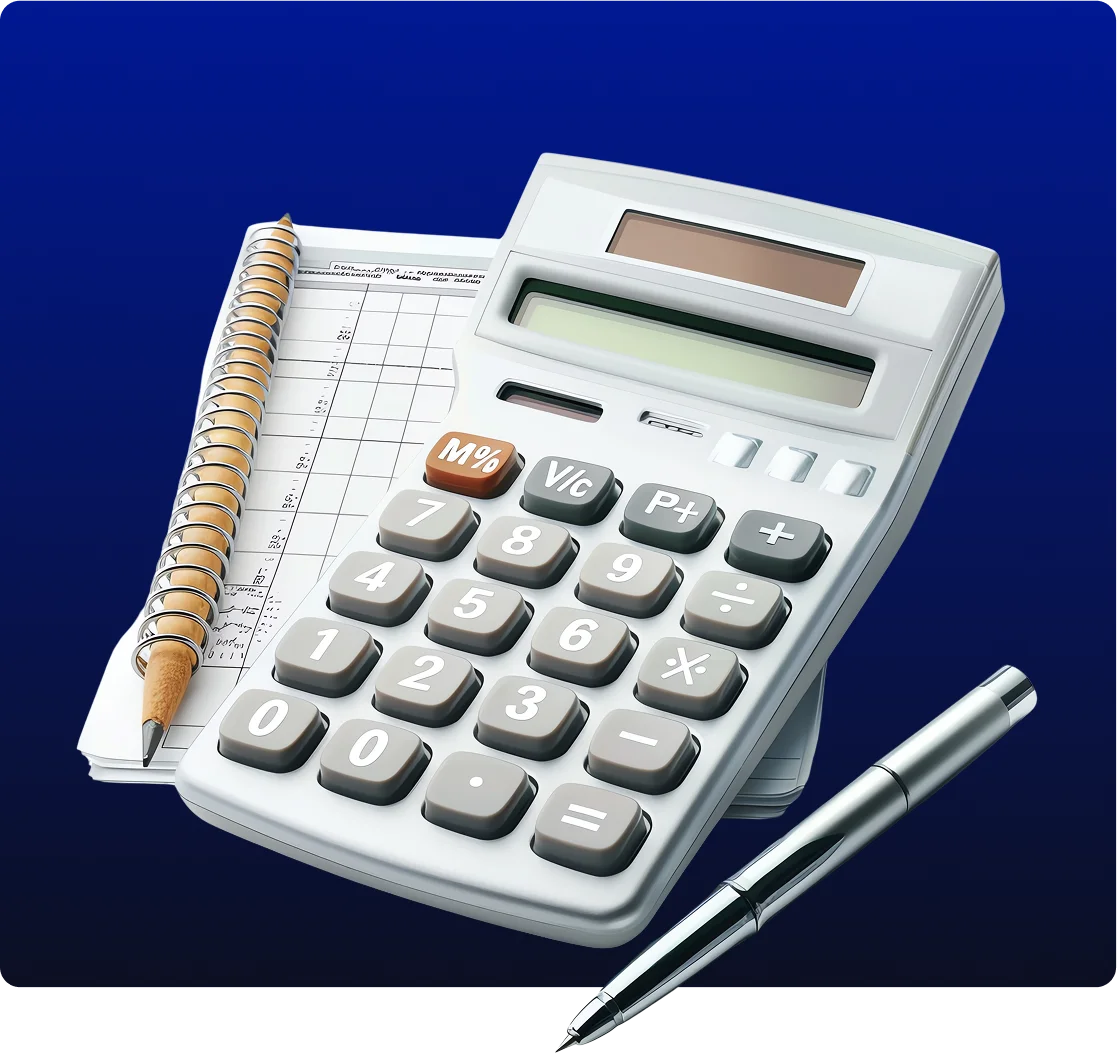Diminished Value Calculator: How Much DV Do You Have?
Even if a vehicle has been fixed perfectly after being damaged, it can still lose value. This is often referred to as diminished value. Wondering how to calculate diminished value? We have the answers!

Calculating Diminishing Value Takes Skill and Experience
There’s a lot of misinformation about how diminished value should be calculated. There are no laws or regulations mandating the use of a particular formula, such as the 17c formula. Calculating diminished value cannot be accurately done with a single formula, as various factors can affect the amount of value lost.

Some of those factors include, but are not limited to:
Diminished value is best determined by researching the market for similar vehicles with an accident history.
Now isn’t the time to entrust your diminished value claim to an inexperienced appraiser. Insurance companies often challenge and reject appraisals made using canned software and/or questionable methods.
DVCHECK has over 25 years of vehicle valuation and insurance industry experience handling diminished value claims. We’re experts at calculating diminished value.
We will review your claim, conduct a preliminary diminished value calculation, and provide you with your estimated diminished value.
Request a Free EstimateDVCHECK has over 25 years of vehicle valuation and insurance industry experience handling diminished value claims. We’re experts at calculating diminished value.
We will review your claim, conduct a preliminary diminished value calculation, and provide you with your estimated diminished value.

A Quick and Simple Vehicle Diminished Value Calculator
Follow these steps for a basic calculation of your diminished value:
As a general rule, you should expect to recover 10% to 20% of the fair market value of your vehicle in most cases when filing a diminished value claim. That means if your vehicle has a fair market value of $35,000, your diminished value could be in the range of $3,500 to $7,000.
Typically, the biggest out-of-court settlements will be on claims with large repair costs.


How Much Diminished Value Should You Expect to Recover?
Generally, individuals filing a diminished value claim for a newer car tend to receive higher settlements than those filing claims for older vehicles.
Vehicles that have sustained substantial damage in an accident typically receive higher settlements than those with only minor damage.
Insurance companies often place considerable weight on repair costs when calculating diminished value. As a result, claims with extensive repair costs typically result in the largest settlements. While diminished value settlements are still possible for cars with minor damage, they usually require more negotiation.
As a general guideline, regardless of the diminished value calculator you use, you can expect the diminished value to range from 10% to 20% of your vehicle’s fair market value.
Vehicles that have sustained substantial damage in an accident typically receive higher settlements than those with only minor damage.
Insurance companies often place considerable weight on repair costs when calculating diminished value. As a result, claims with extensive repair costs typically result in the largest settlements. While diminished value settlements are still possible for cars with minor damage, they usually require more negotiation.
As a general guideline, regardless of the diminished value calculator you use, you can expect the diminished value to range from 10% to 20% of your vehicle’s fair market value.
How Some Insurance Companies Use Formula 17c To Calculate Diminished Value and Undervalue Claims
The most well-known diminished value formula is the 17c formula. Created by State Farm in the Georgia class action lawsuit, Mabry v State Farm, this formula is sometimes utilized by insurance companies to calculate diminished value and comes equipped with several flaws.
The 17c formula takes 10% of the book value of your car and applies mileage and damage modifiers based on a scale.

Flaw 1: A 10% Cap
This is an arbitrary cap meant to control claim payouts.
Flaw 2: A Questionable Mileage Modifier
This modifier could be considered a double penalty or “double dip” for mileage (a car’s mileage was already accounted for when determining the book value).
Flaw 3: The Formula’s Damage Modifier
Selecting a damage modifier for the 17c formula is subjective and can lead to wide variations in the calculated amount. What one person considers major damage, another may consider moderate damage. In addition, there’s no evidence to support the notion that diminished value in the real world follows a linear mathematical scale resulting from the severity of damage.
Most people would view an accident vehicle the same way, regardless if the damages were $5,000, $7,000, or $7,700. That can lead to difficulties using this formula when you calculate diminished value.
Most people would view an accident vehicle the same way, regardless if the damages were $5,000, $7,000, or $7,700. That can lead to difficulties using this formula when you calculate diminished value.
Flaw 4: Doesn’t Address Important Vehicle Information
Using the 17c formula as a diminished value calculator doesn’t take into account vehicle class or negative notations that may be present in a vehicle history report such as CARFAX.
Vehicle class and CARFAX notations about an accident are two factors that can have an impact on the amount of value that a vehicle may lose.
For example, a structural damage notation on CARFAX would cause more diminished value than a minor damage notation.
In terms of vehicle class, minor paintwork on a Hyundai would not have the same impact on value as minor paintwork on a Lamborghini.
Vehicle class and CARFAX notations about an accident are two factors that can have an impact on the amount of value that a vehicle may lose.
For example, a structural damage notation on CARFAX would cause more diminished value than a minor damage notation.
In terms of vehicle class, minor paintwork on a Hyundai would not have the same impact on value as minor paintwork on a Lamborghini.
Let Us Be Your Vehicle Diminished Value Calculators
Reach out for a free estimate from DVCHECK and we’ll review the specifics of your claim to calculate your diminished value. Your free estimate will give you a high-level estimate of how much money you can potentially recover for diminished value.
Because you’ll get a certified diminished value appraisal that uses market comparable vehicles, respected price guides, and backed by our many years of experience, it will be taken seriously both by the insurance company and in a court of law.
We’ll always be there to offer support, helping you throughout the claims process.



